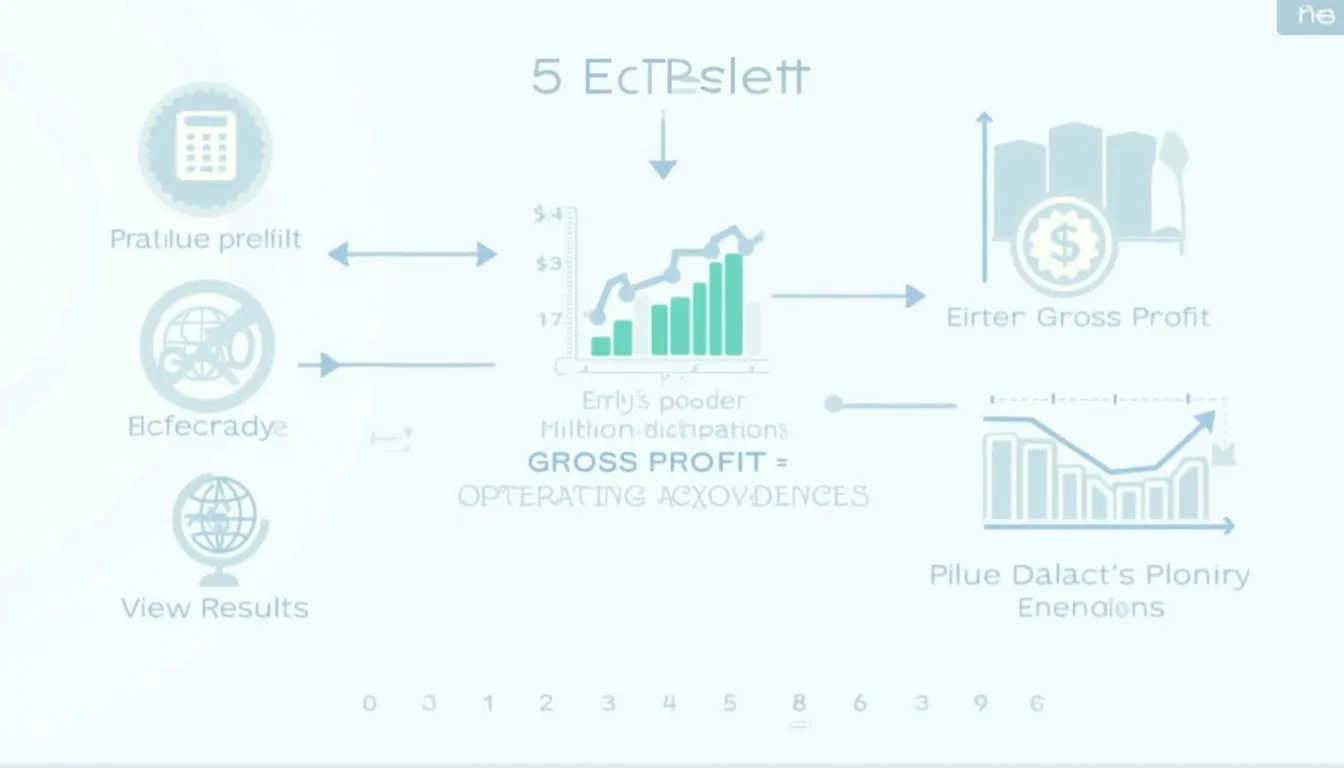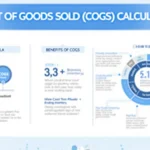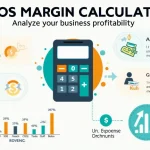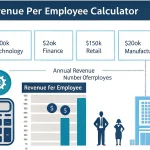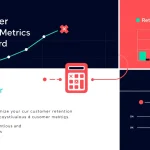Operating Profit Calculator
Is this tool helpful?
How to use the tool
- Enter Gross Profit. Example 1: $85,000. Example 2: $300,000.
- Enter Operating Expenses. Example 1: $25,000. Example 2: $120,000.
- Press “Calculate”. The tool shows operating profit in dollars and to two decimals.
- Interpret the number. Positive figures signal profitable operations; negative figures warn of cost issues.
Formula used
$$ Operating\ Profit = Gross\ Profit – Operating\ Expenses $$
Example calculations
- Example 1: $$85{,}000 – 25{,}000 = 60{,}000$$
- Example 2: $$300{,}000 – 120{,}000 = 180{,}000$$
Quick-Facts
- Average U.S. small-business operating margin: 7 % (SBA, 2022).
- EBIT equals operating profit under GAAP (FASB ASC 225-10).
- Recommended minimum margin for retailers: 5 % (Deloitte Global Powers of Retailing, 2023).
- Positive operating profit improves valuation multiples by 20-30 % (PwC Deals Insight, 2022).
FAQ
What is operating profit?
Operating profit is earnings from core operations before interest and taxes (SEC Form 10-K Glossary).
Why should you track it?
It isolates operational efficiency, guiding pricing and cost control (Harvard Business Review, 2021).
How often should you recalculate?
Monthly reviews align with standard management reporting cycles (CIMA Best Practice, 2020).
What if the result is negative?
You either overspent or under-priced; adjust expenses or raise revenue quickly (McKinsey Small Business Report, 2022).
Does it include taxes?
No. Taxes are excluded, ensuring comparability across jurisdictions (IAS 1 Presentation of Financial Statements).
Is depreciation an operating expense?
Yes. GAAP counts depreciation within operating costs (FASB ASC 360-10).
Can service firms use the calculator?
Absolutely—replace COGS with direct labor to derive gross profit (KPMG Service Sector Guide, 2021).
What margin signals healthy growth?
Margins above 10 % give headroom for expansion funding (Moody’s Private Firm Benchmarks, 2023).
Important Disclaimer
The calculations, results, and content provided by our tools are not guaranteed to be accurate, complete, or reliable. Users are responsible for verifying and interpreting the results. Our content and tools may contain errors, biases, or inconsistencies. Do not enter personal data, sensitive information, or personally identifiable information in our web forms or tools. Such data entry violates our terms of service and may result in unauthorized disclosure to third parties. We reserve the right to save inputs and outputs from our tools for the purposes of error debugging, bias identification, and performance improvement. External companies providing AI models used in our tools may also save and process data in accordance with their own policies. By using our tools, you consent to this data collection and processing. We reserve the right to limit the usage of our tools based on current usability factors.
